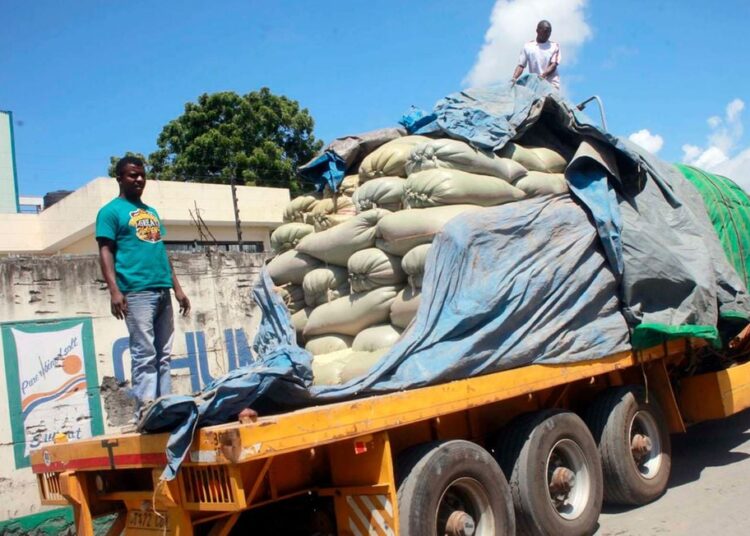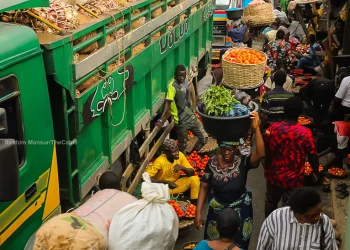While across Africa agriculture is touted as the backbone of many economies, contributing more than a third of their gross domestic product (GDP), it is also the sector rife with hidden costs associated with agrifood systems that translate into higher costs of food.
A study by the Food and Agriculture Organisation (Fao) reveals that every year, Africa incurs or loses $952.5 billion (of which eastern Africa suffers the highest at $264.9 billion) on issues directly linked to agricultural production to feed the globe.
The study, presented in Fao’s latest annual State of Food and Agriculture Report published this week, reveals that while agricultural production and consumption appear to be simple transactions, there are enormous hidden costs that are ostensibly higher in developing countries than advanced economies.
The hidden costs, which are the losses to a country’s GDP that result from their agricultural production, have traditionally been ignored by countries, but are slowly taking much more from countries, compared to the benefits generated by agricultural production.
The UN agency has quantified, in monetary terms, the losses that result from, among other things, greenhouse gas (GHG) emissions from farming activities, water and land use change, loss in economic productivity due to “unhealthy dietary patterns,” and undernourishment.
Globally, Fao estimates that the hidden costs attributed to food systems amount to $12.7 trillion every year, which is about 10 percent of the world’s GDP when agriculture itself accounts for only four percent of global GDP.
Based on the report, the highest hidden cost of agrifood systems globally comes from the productivity losses linked to the burden of diseases caused by unhealthy dietary patterns. These cost the globe approximately $9.3 trillion every year, about 73 percent of total hidden costs.
In Africa, the costs due to poor dietary patterns are also the highest, costing the continent $391 billion yearly and another $18 billion due to the burden of disease caused by undernourishment. READ MORE














